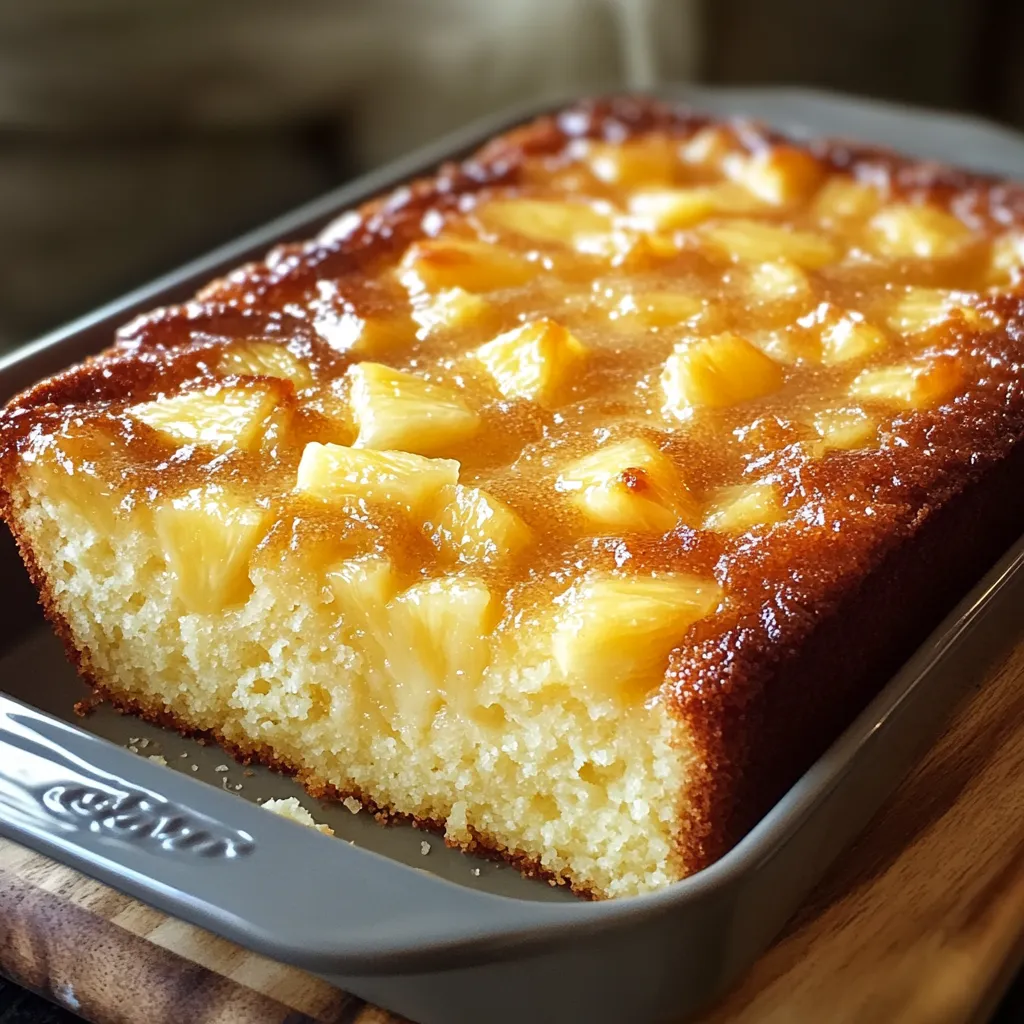 Pin it
Pin it
Thin slices of perfectly marinated flank steak wrapped around a savory mixture of cheeses, vibrant spinach, aromatic garlic, and sweet sun-dried tomatoes create an unforgettable meal that looks as impressive as it tastes. These steak pinwheels transform an ordinary cut of beef into a showstopping centerpiece worthy of special occasions yet simple enough for weekend family dinners. The spiral pattern reveals gorgeous layers of filling with each slice, offering a perfect balance of flavors and textures in every bite – tender meat, gooey cheese, and bursts of Mediterranean inspiration throughout.
Irresistible Appeal
- These steak pinwheels transform a simple flank steak into an eye-catching, restaurant-quality dish that will impress even the most discerning guests
- The combination of tender beef with melted cheese creates that satisfying umami experience that true meat lovers crave
- Their versatility allows you to serve them as an elegant main course or slice them thinner for sophisticated party appetizers
- The make-ahead convenience lets you enjoy stress-free entertaining while still serving something extraordinary
I first prepared these pinwheels for my husband's birthday dinner after seeing something similar at an upscale steakhouse. The look on his face when I brought them to the table was priceless! What started as an ambitious cooking experiment has become our go-to celebration dish. My father-in-law, who rarely comments on food, declared them "the best thing he'd eaten in years" and now requests them for every family gathering.
Prime Ingredients
- Flank steak: provides the perfect balance of flavor and tenderness when properly prepared. Look for a piece with consistent thickness and good marbling
- Olive oil: forms the base of the marinade, helping to tenderize the meat while adding richness. Extra virgin offers the most robust flavor
- Soy sauce: adds umami depth and helps break down muscle fibers for increased tenderness. Low-sodium varieties allow better flavor control
- Red wine: contains natural acids that tenderize meat while imparting complex flavor notes. Use a variety you'd enjoy drinking
- Worcestershire sauce: provides tangy complexity with its blend of vinegar, molasses, and fermented anchovies. Just a small amount transforms the marinade
- Dijon mustard: adds pungent heat and helps emulsify the marinade for better adhesion to the meat
- Swiss cheese: melts beautifully while providing nutty flavor that complements beef perfectly. Gruyère makes an excellent substitute
- Spinach: contributes vibrant color, nutrients, and slight earthiness that balances the richness of the meat and cheese
- Sun-dried tomatoes: offer concentrated sweet-tart flavor bursts throughout each slice. Oil-packed varieties integrate most smoothly
Creation Process
- Marinade Preparation:
- Begin by combining a quarter cup of extra virgin olive oil, three tablespoons soy sauce, two tablespoons quality red wine, one tablespoon Worcestershire sauce, two teaspoons Dijon mustard, one tablespoon fresh lemon juice, three minced garlic cloves, one teaspoon Italian seasoning, and half teaspoon freshly ground black pepper in a medium bowl. Whisk vigorously until fully integrated, creating an emulsified mixture that will penetrate the meat fibers efficiently and deliver consistent flavor throughout the steak.
- Meat Preparation:
- Place your flank steak on a cutting board between two sheets of plastic wrap or parchment paper. Using a meat mallet or heavy skillet, pound the steak to approximately half-inch thickness, working from the center outward to ensure uniform thinness. This crucial step not only tenderizes the meat but creates the proper dimensions for rolling. Using a sharp knife, score the surface with shallow diagonal cuts about one inch apart in a diamond pattern, being careful not to cut through the meat entirely.
- Marination Process:
- Transfer your prepared steak to a large resealable plastic bag or shallow glass baking dish. Pour the marinade over the meat, ensuring it covers all surfaces. If using a bag, press out excess air before sealing to maximize contact between the marinade and meat. Place in the refrigerator for at least eight hours or ideally overnight, turning occasionally if possible. This extended marination allows the acidic ingredients to break down tough muscle fibers while the flavors penetrate deeply into the meat.
- Initial Cooking Setup:
- Remove the marinated steak from the refrigerator at least 30 minutes before cooking to allow it to come to room temperature, which ensures more even cooking. Preheat your oven to 350°F and position a rack in the center. Prepare a roasting pan or baking dish large enough to accommodate the rolled steak by lightly coating it with cooking spray. Remove the steak from the marinade, pat it thoroughly dry with paper towels, and discard the used marinade.
- Flavor Foundation:
- Create an aromatic base by mashing four minced garlic cloves with half teaspoon of kosher salt using the flat side of your knife, working it into a smooth paste. This technique mellows the garlic's raw edge while allowing its flavor to distribute evenly. Spread this fragrant paste in a thin layer across the entire surface of the steak, reaching all the way to the edges to ensure no bite lacks flavor.
- Strategic Layering:
- Sprinkle two tablespoons of finely chopped onion and three tablespoons of seasoned breadcrumbs evenly over the garlic layer, gently pressing to adhere. Next, create a vibrant layer using two cups of fresh spinach leaves, slightly overlapping them to form a solid bed. Distribute one cup of shredded Swiss cheese followed by a quarter cup of freshly grated Parmesan, combining the cheeses slightly with your fingertips to help them melt together during cooking. Finally, arrange half cup of drained, chopped sun-dried tomatoes evenly across the surface.
- Rolling Technique:
- Position the steak with one short end facing you. Starting at this end, roll the steak tightly away from you, similar to rolling a jelly roll, applying gentle pressure to keep the filling compact. If any filling escapes, tuck it back in as you roll. Secure the rolled steak at one-inch intervals using kitchen twine or toothpicks soaked in water to prevent burning. Place the rolled steak seam-side down in your prepared baking dish to further prevent unraveling.
- Controlled Cooking:
- Place the steak in the preheated oven and bake uncovered for approximately 60-70 minutes for medium doneness. The exact timing will depend on the thickness of your roll and your preferred level of doneness. Insert a meat thermometer into the thickest part of the roll – 145°F indicates medium-rare, while 160°F will yield medium doneness. The outside will develop a beautiful caramelized crust while the inside remains juicy.
- Resting Period:
- Remove the steak from the oven and loosely tent with aluminum foil, allowing it to rest for at least 10 minutes before cutting. This critical resting period allows the juices to redistribute throughout the meat while the internal temperature continues to rise slightly. Carefully remove all twine or toothpicks before slicing. Using a sharp knife, cut the roll into one-inch thick slices to reveal the beautiful spiral pattern inside each pinwheel.
Crucial Knowledge
- Scoring the meat before marinating significantly improves flavor penetration and makes rolling easier
- Bringing the steak to room temperature before cooking ensures more even cooking throughout the roll
- Patting the meat completely dry after marinating is essential for proper browning and flavor development
- Using kitchen twine rather than toothpicks creates more uniform pressure and prevents the roll from unraveling
- Allowing adequate resting time prevents all the flavorful juices from running out when you slice the pinwheels
 Pin it
Pin it
The first time I made these pinwheels, I discovered that adding a light brushing of olive oil to the exterior before baking created an even more beautiful golden crust. My daughter, typically selective about her food, surprised everyone by requesting seconds and asking if we could make them for her birthday dinner. There's something magical about the way the cheese melts into the meat, creating little pockets of creamy goodness throughout each slice.
Presentation Perfection
Arrange these gorgeous steak pinwheels over a bed of creamy mashed potatoes that will catch all the flavorful juices. The colorful spiral pattern creates an instant wow factor on any dinner plate. For an elegant dinner party, serve alongside roasted asparagus spears and garnish the plate with a drizzle of reduced balsamic vinegar for restaurant-worthy presentation. Consider slicing the pinwheels into thinner portions and serving them over creamy polenta as an impressive appetizer that guests can enjoy in just a couple of bites.
Creative Adaptations
Transform these pinwheels with Mediterranean inspiration by substituting feta cheese, replacing spinach with fresh basil leaves, and adding Kalamata olives to the filling. Create a Mexican-inspired version using pepper jack cheese, roasted poblano peppers, and a sprinkle of taco seasoning in place of Italian herbs. For a steakhouse classic recreation, fill with blue cheese crumbles, crispy bacon bits, and sautéed mushrooms for a decadent flavor combination that mimics favorite steakhouse toppings. Consider a breakfast-inspired brunch version using scrambled eggs, cheddar cheese, and crispy hash browns as filling for a truly unique morning centerpiece.
Preservation Methods
Store leftover pinwheels in an airtight container in the refrigerator within two hours of cooking to maintain freshness and food safety. They will remain at peak quality for up to three days. For best reheating results, preheat your oven to 300°F, place the pinwheels on a baking sheet, and cover loosely with foil to prevent drying out. Warm for 15-20 minutes until they reach an internal temperature of 165°F. Avoid microwave reheating which can make the meat tough and the cheese rubbery. For make-ahead convenience, you can prepare and roll the uncooked pinwheels up to 24 hours in advance, keeping them tightly wrapped in the refrigerator until ready to bake.
Chef Techniques
- Use butcher's twine soaked in water for 5 minutes before tying to prevent burning during cooking
- Create a more uniform roll by gently pounding any thicker sections of the flank steak before marinating
- Consider searing the outside of the rolled steak in a hot skillet before baking to develop even more flavor through caramelization
- For perfect slices, allow the cooked roll to cool for 20 minutes, then refrigerate for 30 minutes before cutting with a very sharp knife
- Create a simple pan sauce by deglazing your baking dish with half cup red wine and reducing with a tablespoon of butter for a luxurious finish
 Pin it
Pin it
My journey with steak pinwheels began as an ambitious attempt to recreate a restaurant experience at home, but they've become so much more than that. They represent celebration in our family – the dish we turn to when we want to make ordinary evenings extraordinary. There's something deeply satisfying about transforming a humble cut of beef into something so elegant through a bit of technique and patience. The combination of tender meat with the melty, savory filling creates a harmony of flavors that somehow manages to feel both sophisticated and comforting at the same time. Whether you're cooking to impress guests or simply want to elevate your family dinner, these steak pinwheels deliver that perfect balance of impressive presentation and accessible technique that makes home cooking so rewarding.
Frequently Asked Questions
- → Can I use fresh pineapple instead of canned?
- Yes, you can use fresh pineapple. You'll need to crush it yourself in a food processor and then drain it very well. Fresh pineapple tends to have more moisture, so you might want to press it in a fine mesh strainer to remove excess liquid.
- → How do I know when the cake is fully baked?
- Insert a toothpick or thin knife into the center of the cake. If it comes out clean or with just a few moist crumbs (not wet batter), the cake is done. The top should be golden brown and spring back slightly when gently pressed.
- → Can I make this cake ahead of time?
- Absolutely! This cake actually tastes even better the next day after the flavors have had time to meld together. Store it in an airtight container at room temperature for up to 3 days, or in the refrigerator for up to a week.
- → Can I freeze this pineapple cake?
- Yes, this cake freezes well. Wrap it tightly in plastic wrap, then aluminum foil, and freeze for up to 3 months. Thaw overnight in the refrigerator or for a few hours at room temperature. I recommend adding the glaze after thawing rather than before freezing.
- → What can I substitute for sour cream in this recipe?
- Greek yogurt makes an excellent substitute for sour cream in this recipe. You'll get the same moisture and tanginess with a bit less fat. Buttermilk can also work, though you might need to use slightly less since it's more liquid.
